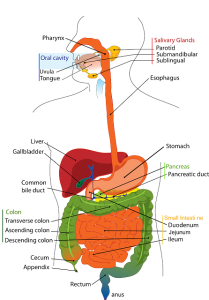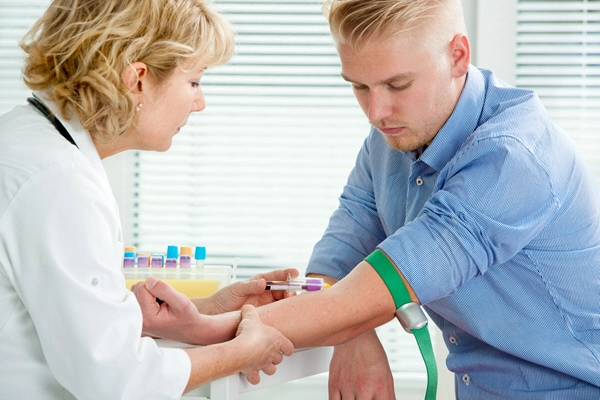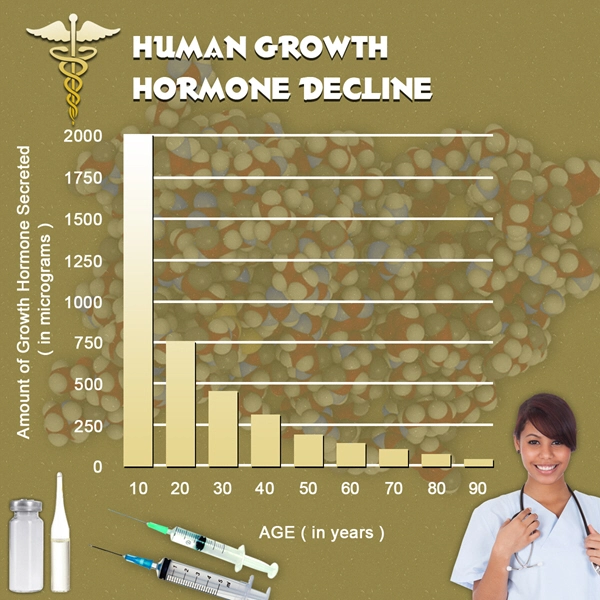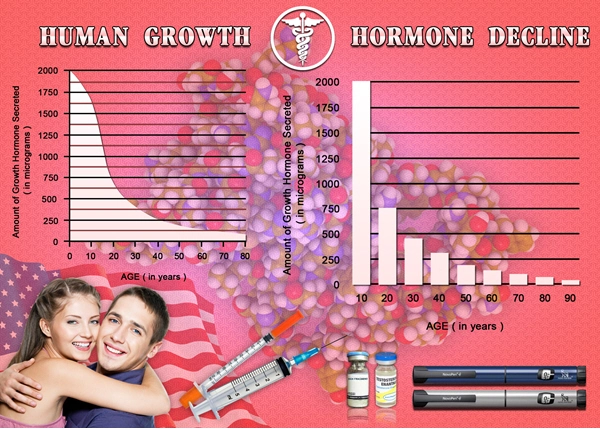
This may come as a surprise to you, but not all bacteria are bad! The digestive system actually strongly depends on certain types of bacteria to improve digestion and nutrient absorption. Millions of years of human evolution have led us to have a symbiotic relationship with many forms of bacteria, and cultivating a healthy gut ecosystem safeguards and improves health in a number of ways. The term for this good bacteria is Microflora. Microflora helps us unlock the energy of certain foods, and helps improve anabolic processes.
As we learn more and more about how Microflora works in tandem with natural digestive processes, a new field of nutrition has developed, known as Probiotics. These bacteria and other microorganisms improve dietary efficiency by influencing the function of digestive fluids such as hydrochloric acid, bile and various enzymes.
Video Link: https://vimeo.com/255127676
Video Download: Probiotics And Prebiotics For Healthy Digestion
Video Stream: Probiotics And Prebiotics For Healthy Digestion
Some individuals, for a variety of reasons, have issues with maintaining or supporting a healthy Probiotic ecosystem. This could be because of dietary deficiencies earlier in life, or a variety of other causes. Think of Probiotics as a form of fertilizer. Without the right nutrients and minerals in the soil, a plant cannot grow to its full potential. The digestive system is similar. Without a healthy Probiotic atmosphere in the stomach and intestines, the body won't absorb certain nutrients efficiently, which can impede health and wellness.
Prebiotics Support Healthy Gut Microflora
Nutritionists, advertisers and the media have done a good job promoting the importance of Probiotics for digestive health, and you've probably even bought some Probiotic products in the past, but most people still don't understand the basic principles behind Probiotics, especially why Prebiotics play such an important role in facilitating a flourishing Probiotic Microflora. Prebiotics can be best described as the food source for many important Probiotics, which come in the form of indigestible plant fibers. These fibers not only improve digestive motility, but they are also feed the Probiotic organisms which reside in the bowel and colon.

In addition to enhancing digestion, Probiotics also strengthen the immune system. Without Probiotic bacteria, humans wouldn't function properly. They are just that important. Probiotic bacteria absorb Prebiotic plant fibers and process them through the mechanism of fermentation. When the system is in an optimal state, it helps keep us regular, it improves Hormone Balance, supports intestinal health, enhances the production of short-chain fatty acids and boosts nutrient absorption.
Probiotics are incredibly important, but they also live in a precarious state. Poor eating habits can kill off your gut bacteria, and bottle feeding has been shown to have an inhibitive effect on the childhood development of healthy gut flora. Stomach acid, heat and other factors can also impede Probiotic support, as well as a limited supply of Prebiotic nutrients. Whereas Probiotics are sensitive to internal conditions, Prebiotics are hardy, and pass through the digestive system almost unscathed. Around ninety percent of Prebiotic material that we eat makes it through our entire body unscathed, whereas around ten percent of it is soaked up and absorbed by Probiotic bacteria.
It is vital to realize that, in order to foster and enhance Probiotic health, it is important to eat the plant fibers and other Prebiotic foods which create an intestinal environment optimally suited for Probiotic proliferation. This means that, when choosing foods and supplements that introduce important Microflora to your digestive system, you should combine that with Prebiotic supplements and foods designed to encourage an optimal environment.

How to Get Enough Prebiotics
There are a variety of different Prebiotics, but as of today, there are two cornerstone Prebiotics that constitute the majority of the needs of the digestive system: Oligofructose and Inulin. The colon is made up of lateral sections, one that absorbs Oligofructose preferentially and one that absorbs Inulin preferentially.
Studies have shown that individuals that get enough of these two vital probiotics tend to have the healthiest Microflora ecosystems. The bacteria that your body has evolved to coexist with feed off of these two Prebiotics, and when you consistently don't consume a sufficient amount of prebiotic material, this leads to a state of bacterial imbalance, meaning that your body doesn't foster enough good bacteria, and it can create a digestive ecosystem in which unhealthy bacteria proliferate, leading to bloating, indigestion and other conditions. The scientific name for this imbalance is Gut Dysbiosis.
What are Oligofructose and Inulin?
Oligofructose is a form of short-chain fiber that Probiotic organisms absorb quickly, whereas Inulin is a long-chain Prebiotic nutrient which takes longer for Probiotic organisms to digest. Some bacteria have an affinity for Inulin, whereas others prefer Oligofructose. There are other, tertiary Prebiotics which play a lesser, but still important role, such as Oligoosaccharides, Galactooligosaccharides and Fructoligosaccharides. The ideal nutritional supplement will have all of these ingredients, with the bulk being Inulin and Oligofructose.
Soluble vs. Insoluble Fiber
There are two types of fiber that humans need to absorb in order to have happy guts, Insoluble and Soluble Fiber. The fiber that we have been discussing thus far is Soluble Fiber. This is fiber that the digestive system, via Probiotics, have the ability to digest. Insoluble Fiber is not digested in any way by the intestines, but is vitally important in order to allow for the body to pass solid waste efficiently.
Best Natural Sources of Prebiotics
Conscientiously sourced supplements can go a long way, but everyone knows the best way to foster digestive health and proper nutrition is to get your nutrients straight from their natural source! There are lots of common foods out there that pack a Prebiotic punch. The following foods contain high levels of Inulin:
- Onions
- Shallots
- Endives
- Leeks
- Garlic
- Bananas
- Asparagus
- Sweet Potatoes
- Yams
If you are looking to try out some new foods and branch out to new and interesting foods, the following are also quality options for Inulin:
- Murnong
- Dahlia
- Yajon
- Jicama
- Dandilion Root
- Chicory Root
- Cassava
If you are looking for a quality source for both Oligofructose and Inulin, the following foods provide quite a bit of both:
- Whole Grain Wheat
- Acacia Gum
- Psyllium Husk
- Wheat Dextrin
 What Happens When I Eat Prebiotics?
What Happens When I Eat Prebiotics?
If you've been experiencing gastrointestinal issues related to diet, this is very likely because of an imbalance of gut bacteria. The following are benefits of improving gut Microflora through the use of Prebiotics and Probiotics:
- Improved Blood Sugar
- Increased Energy
- Steady Weight Loss
- Improved Digestive Motility
- Enhanced Digestion
- Reduced Bloating
Certain chronic conditions such as Irritable Bowel Syndrome (IBS) can be controlled more effectively though enhanced Probiotic balance. Because of the impact of Probiotics on the immune system, most individuals find that they get sick less and experience fewer and less dangerous infections.
Eat More Prebiotics!
Hopefully this article will influence you to be more conscientious regarding your intake of Prebiotic foods. Prebiotics are absolutely essential to supporting optimal digestive health and function. If you feel that you may not be getting enough Prebiotics in your normal diet, we encourage you to look for a quality Prebiotic supplement from a brand you trust in order to supplement your routine intake.




List of USA state clinics - click a flag below for blood testing clinics.
Word Count: 1188


















































